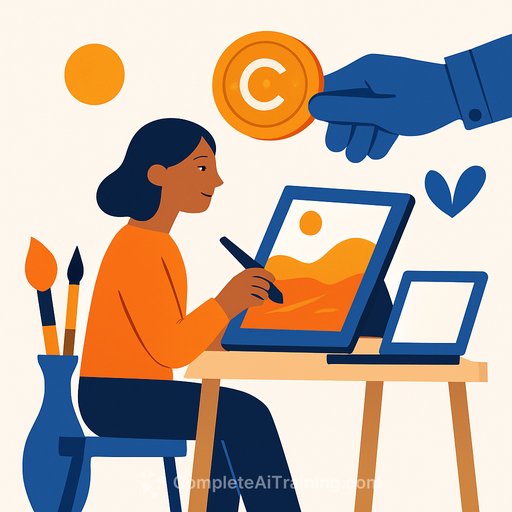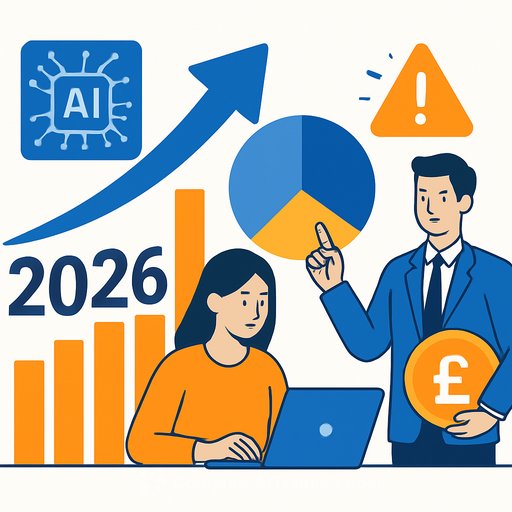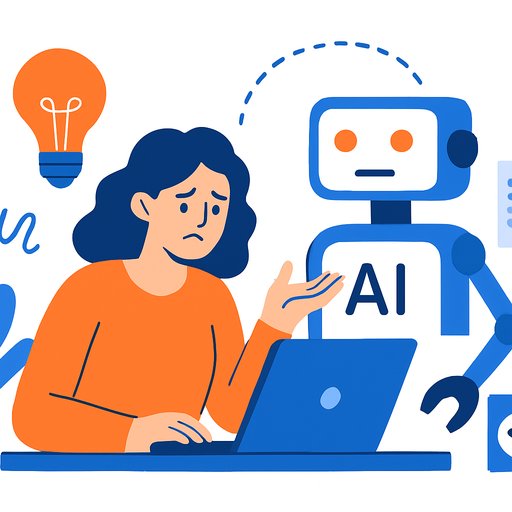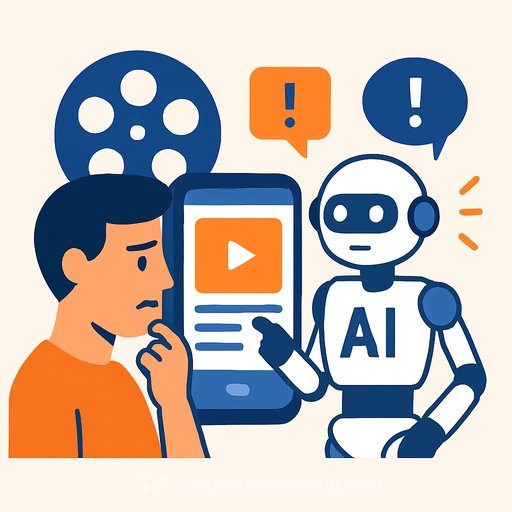AI Should Help Fund Creative Labor
Generative AI models rely on the work of countless creators—writers, musicians, journalists, coders, illustrators, photographers, and filmmakers—whose content has been used without permission or compensation. These individuals have never been paid by the tech giants profiting from their labor. The strength of AI like ChatGPT comes from synthesizing massive amounts of data, much of it created by this invisible workforce.
The Call for Reform
More than 50,000 artists, actors, and authors have publicly demanded an end to the unlicensed use of their work for training AI, calling it a serious threat to their livelihoods. Instead of tightening copyright laws, many advocate treating creative knowledge as a public good—accessible and funded collectively, similar to public services like roads and broadcasting.
Information often acts as a public good because it’s hard to exclude people from accessing it, and copying costs are almost zero. Online content is even harder to fence off than traditional media, making free-riding a common problem in digital markets.
The Challenge of Copyright
AI companies scrape vast amounts of publicly available data, making it nearly impossible to prevent or trace. This black-box nature complicates copyright enforcement. Even where violations are clear, governments hesitate to intervene, fearing it may hinder innovation.
Meanwhile, AI-generated content competes directly with original creators. News outlets have cut reporters after adopting automated story generators; image banks face floods of AI-generated art; and software firms use AI tools to replace junior developers.
Legal Actions and Industry Response
Creators are fighting back. The New York Times is suing OpenAI for using its archives without permission. Writers and record labels have launched lawsuits against AI companies accused of copyright violations. These disputes highlight the growing tension as tech firms profit from unpaid creative labor.
The environmental cost is also significant. AI data centers consume vast amounts of energy and water, adding pressure on public resources. With AI’s economic impact projected in the trillions, these demands will only grow.
The Need for a Public Alternative
There are two ways to tackle this: strengthen market protections or build a public alternative. Strengthening copyright might help redirect some revenue to creators, but it risks creating digital barriers that benefit dominant platforms rather than individual artists.
Licensing content at scale is impractical due to high transaction costs and the sheer number of rights holders. Attempting to micro-license every piece of data AI consumes would stifle innovation and limit access for smaller creators and firms.
Instead, governments should support the cultural commons by funding creative work publicly and keeping its outputs accessible. Public models like the BBC license fee or France’s National Centre for Cinema show how state support can fuel innovation, experimentation, and widespread cultural impact.
Supporting the Cultural Commons
Public funding provides creators with stable income, encourages art that serves citizens rather than advertisers, and preserves cultural heritage. This benefits education, social cohesion, and democratic debate in ways market-driven systems rarely achieve.
As AI amplifies creative output by repurposing human-made works, the value of art to society grows. Yet public support for the arts has declined sharply in many countries, even as AI-generated content displaces human labor.
Funding this support responsibly is crucial. One proposal is to impose a levy on the revenues of large AI providers, managed by an independent agency that distributes grants to creators over time. This would maintain AI developers’ access to vast data while ensuring creators receive fair compensation.
Such a system aligns the interests of developers, creators, and the public. Creators gain reliable income independent of volatile advertising markets or platform algorithms, and everyone benefits from an expanding cultural commons.
Every time you use AI tools like ChatGPT, you tap into the labor of millions of creators. Updating the funding model to reflect this shared contribution is overdue. The future calls for a new social contract that balances innovation with fair support for creative work.
Your membership also unlocks:






